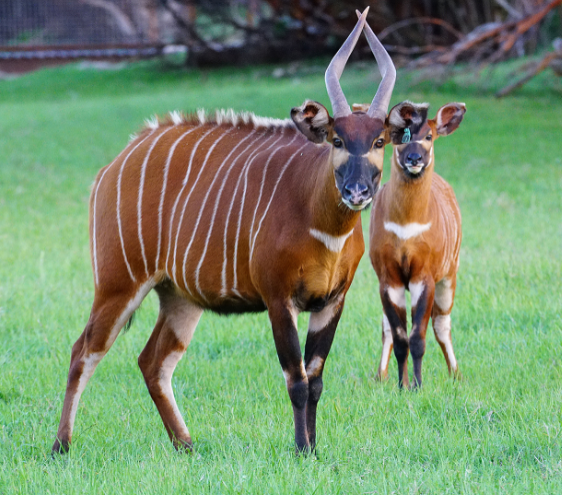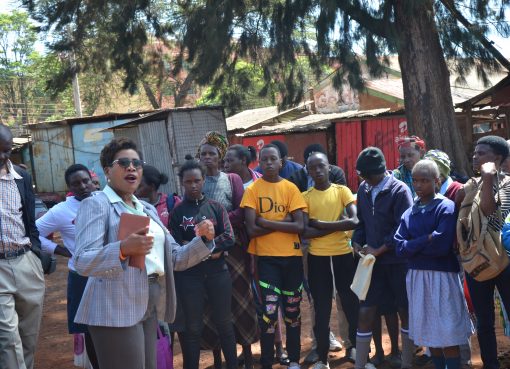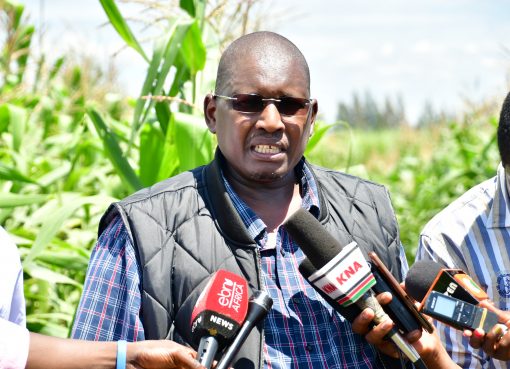The Government through the Kenya Forest Services (KFS) has vowed to sustain conservation measures at the Mau-Eburru forest which aims to protect the critically endangered Mountain Bongo at the water tower.
Eburru Forest Manager, Sammy Langat, said that the construction of the 43.3 km electric fence around the forest coupled with around the clock surveillance of the bongos has ensured security to the endangered antelope species.
Langat noted that the Bongo surveillance team which was introduced at the forest has greatly enhanced security of the known shy antelopes through the use of modern camera trappings which monitor and collect data of their movements.
The Forester said that the Bongo population at the forest had increased to 10, adding that their numbers averages at 120 animals in the country which is below the recommended threshold of critically endangered species of 250 individuals.
Langat said the reduced populations of Bongo at Eburru forest was attributed to destruction of its natural habitat due to illegal logging and charcoal burning, poaching for bush meat and rinderpest disease.
He, however, attributed the restoration success of the key water tower to the partnership with Eburru community members, government institutions, including Kenya Wildlife Service and support from various private partners.
“We have been able to achieve 90 per cent protection of wildlife at Eburru ecosystem which is quite commendable”, observed Langat.
Langat observed that due to enhanced protection and improved conservation efforts, Eburru forest will be among the habitats to host the Mountain Bongos which the government plans to repatriate from US breeding institutions in the future.
The Kenyan Mountain Bongo is classified as critically endangered species by the International Union for Conservation of Nature (IUCN).
The Antelope subspecies can only be found at the Aberdares, Mt. Kenya, Cherangani Hills and Eburru forest within the expansive Mau forest complex.
Langat was speaking during KenGen’s ‘Adopt a Forest Initiative’ where 3,200 indigenous tree seedlings were planted at the degraded parts of the Eburru forest on Friday.
KenGen Foundation Trustee Chairman, Anthony Igecha, said the tree planting exercise aims to conserve and protect the key water resource which feeds Lake Naivasha, Lake Elementaita and Lake Nakuru while also supporting government efforts to restore and achieve the much needed forest cover.
Igeche said KenGen which deals with production of clean energy is committed to supporting efforts that are crucial in tackling the adverse effects of climate change.
Eburru Community Forest Association (ECOFA) Chairman, Morris Kanduka, said members of the public have become key managers in the conservation of the forest, adding that they will continue to support government efforts in protection of the wildlife and the rejuvenation works of the water tower ecosystem.
By Erastus Gichohi




